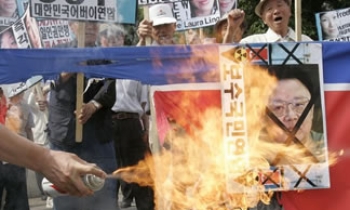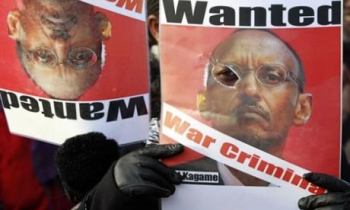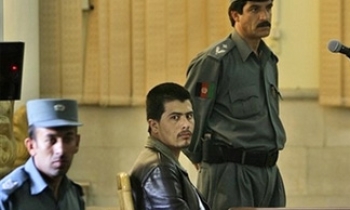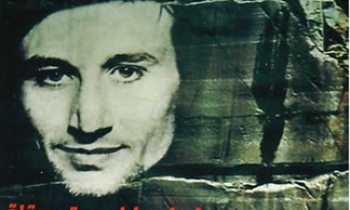Slovenian journalists have decided to go to town over the President’s attempt to control newsrooms. A petition against censorship and political pressures on journalists in Slovenia has been signed by 438 journalists from major media outlets in Slovenia and sent to the governments of all European Union member states.
The petition cites instances of censorship against individual journalists who have written articles critical of President Janez Janša's government. The European Federation of Journalists (EFJ), the European group of the International Federation of Journalists (EFJ), and other organisations are backing journalists in Slovenia who signed the petition to denounce increasing pressure in the newsrooms.
The petition claimed that JanÅ¡a "restricts media freedom" in the country in various ways. One of the allegations is that the Slovenian government is indirectly influencing the media through its exploitation of business relationships with companies that have financial holdings in a range of media organisations. “The government has established an informal and influential decision-making pyramid," said the petition. As a consequence, managers and editors-in-chief are "not able to respect the autonomy of journalists and they censor journalists' texts which are critical of the authorities.â€
International Press Institute (IPI) Director Johann P Fritz said, "I am deeply concerned about the Slovenian media environment at present. Business relationships and share holdings should never be used by the government as leverage to induce independent media organisations to publish favourable news stories. The exercise of editorial independence is fundamental to the credibility of a media organisation and for governments to seek ways of undermining this principle is deplorable in a country that is a member of the European Union." He also advocated for an inquiry into these recent events and to set up new systems ensuring that the media is always held at arm’s length from the executive branch of government.
According to information provided to IPI and the South East Europe Media Organisation (SEEMO), there have been a number of instances of political pressure on journalists who have written articles critical of the current centre-right government and its president Janas Janša.
Even assigned articles are often left unpublished, usually without any proper justification. The journalists also point out that opinion makers unfavourable to the government are refused access to certain media. Journalists are being given notice, they are degraded, removed from the working areas they have covered previously, transferred, discriminated against and obstructed.
A survey conducted by various organisations says that nearly one in five professional journalists in Slovenia have signed a petition against censorship and political pressures in the country.
Matija Grah ,Vienna correspondent from Slovenia’s most influential newspaper, Delo, claimed that his reporting on the heated debate over bilingual street signs in Kaernten (Carinthia), Austria, a region containing a Slovenian minority, led to his removal after complaints from the Slovenian government. Delo’s Zagreb correspondent, Rok Kajzer, also found himself in difficulties with the newspaper after a story concerning a disputed border area with Croatia.
Apart from Delo, there have also been problems at the daily Vecer newspaper. At the end of May, some members of the Slovenian Writer’s Association expressed their own concerns about these events in a letter titled, 'Against Intimidation and Punishment'.
With Slovenia due to take over EU presidency in January 2008, the present attitude of the Slovenian government towards media projects an abysmal picture in the international arena. "SEEMO is aware of such pressures in other countries in the region, but, if found to be true, these events in Slovenia are particularly damaging because of Slovenia’s presidency of EU in 2008. Countries who assume the presidency of EU must lead by example, and I am concerned that it will send a mixed message to other countries about how to influence media coverage," said SEEMO Secretary-General Oliver Vujovic.
The petition follows an IPI call for the Slovenian government to hold an independent inquiry into allegations of political pressure on the media. IPI says the government indirectly influences the media through its part-ownership and business relations with companies that own media organisations. During the EFJ General Meeting in Zagreb in March 2007, members of EFJ jointly adopted a strong statement to condemn the situation in Slovenia, where the government had "drastically increased pressures on the media and journalists and its possibilities to affect editorial decisions.â€
"We are appalled that after months of protests and appeals by national and international media organisations, the Slovenian authorities keep putting pressure on journalists in a grotesque manner," said EFJ General Secretary Aidan White. "Almost one-fifth of the professional journalists in Slovenia signed the petition and we now expect things to change rapidly in view of the Slovenian presidency of EU in January 2008."









